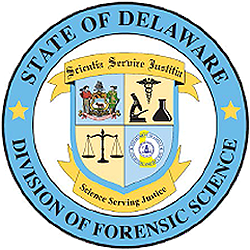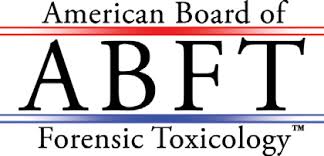Toxicology Unit
It is the mission of the Toxicology Unit to provide the medical examiners and Delaware law enforcement agencies with an accurate and reliable laboratory capable of performing analyses on biological specimens for the presence (or absence) of volatiles and drugs.
Our commitment is to provide state-of-the-art, timely forensic analyses of biological specimens that comply with the standards set by ISO/IEC 17025:2017 and the American Board of Forensic Toxicology (ABFT).
The Toxicology Unit of the State of Delaware Division of Forensic Science is comprised of the Chief Forensic Toxicologist, a Casework Laboratory Manager I, a Research Laboratory Manager I, Analytical Chemists, and Laboratory Technician(s).
Testing
The Toxicology Unit handles both postmortem and Driving Under the Influence (DUI)/Other cases. Most cases (including all DUIs) begin with a preliminary ELISA (Enzyme-linked Immunosorbent Assay) Drug Screen, which tests qualitatively for several drugs/drug classes. Positives from the ELISA screen are then entered for confirmatory testing.
The Toxicology Unit has several confirmatory procedures for drugs (and their metabolites), which provide quantitation (concentrations or amounts of drugs). All confirmatory procedures utilize Gas Chromatography-Mass Spectrometry (GC-MS) or Liquid Chromatography-MS/MS (LC-MS/MS). Alcohol/Volatiles Analysis using Headspace Gas Chromatography with Flame Ionization Detection (GC-FID) is another routine procedure used by the unit. In addition to ethanol, this procedure provides quantitation of acetone, isopropanol, and methanol and qualitative identification of acetaldehyde and 1,1-difluoroethane.
Additional information regarding the Toxicology Unit may be found in the Division of Forensic Science Annual Report.








